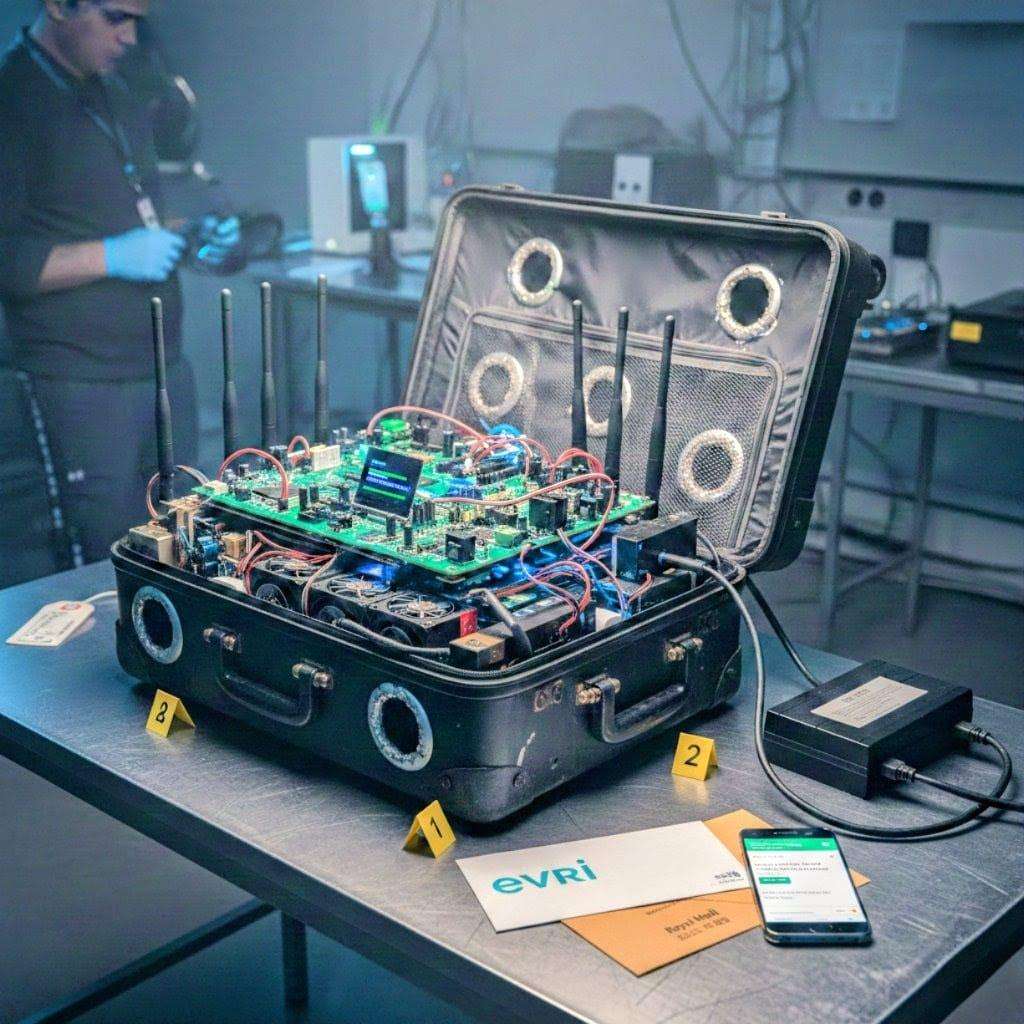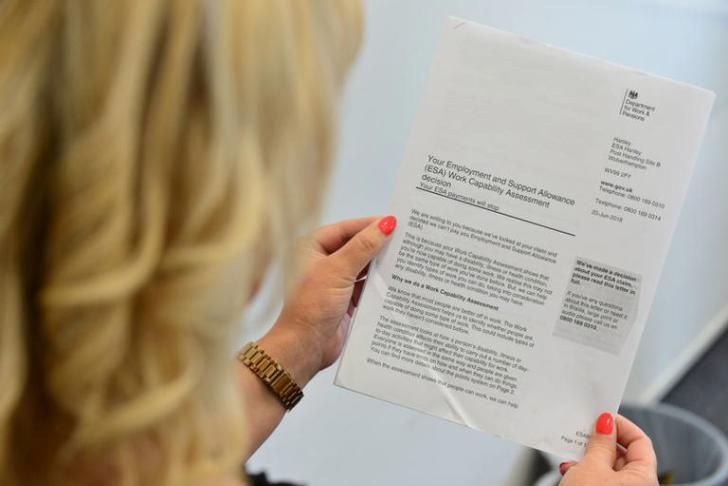Targeting foreign workers, the Flanders Region authorities in Belgium have announced a number of modifications to the immigration laws.
The new regulations, which are scheduled to go into effect on May 1, 2024, will lower educational requirements for EU Blue Card holders and provide more exemptions from work permits and harsher regulations for particular jobs.
The Economic Times (NRI) claimed that the new rules will also give European and Belgian workers priority, allowing foreign nationals to enter the workforce only after a careful analysis of local and regional labour markets.
Belgium to Expand List of Eligible Categories for Work Permit Exemptions
New changes regarding immigration policy include the expansion of work permit exemptions. More specifically, several activities that currently require a work permit, from May 1, will be permitted to be undertaken under a business visitor.
These activities include participation in conferences, seminars, business meetings, trade fairs, and exhibitions, negotiation of business agreements, involvement in sales, marketing, internal, and customer audits, exploration of business opportunities, attendance or conduct of training sessions, engagement in tourism-related activities, and provision of translation and interpretation services.
Furthermore, employers need to make sure their employees do not stay in Belgium for more than 90 days out of any 180-day timeframe.
Stricter Rules Regarding Shortage Occupation & Labor Market
Employers seeking to hire people for in-demand medium-skilled jobs will be required to present proof of the applicant’s experience and qualifications. The respective regional authorities will then evaluate this documentation. Reportedly, this new measure may extend the internal administrative procedure.
Additionally, the government is expected to introduce stricter requirements regarding the labour test procedure. Under new changes, employers must publish vacancies for at least nine weeks within the four months before the application.
Jobs must be listed on EURES and VDAB websites, and only the authorities will accept only VDAB-recognized shortage jobs.
Relaxed Educational Requirements for Holders of EU Blue Card
On the other hand, eased rules are expected for certain categories of EU Blue Card holders.
For example, EU Blue Card applicants with managerial or specialist occupations in IT can replace academic credentials with at least three years of relevant work experience gained in the last seven years. Reportedly, this new measure has been taken to tackle the shortages related to the IT sector.
In addition, holders of the EU Blue Card will have eased procedures for switching employers, requiring only notification to the Regional Employment Ministry within the initial 12 months.
The EU Blue Card now requires a salary threshold set at 130 per cent of the average income, meaning a yearly taxable wage of EUR 60,621 is necessary for 2024.
According to NRI, Belgium has also introduced other minor changes, including simplified rules for seasonal workers. Reportedly, the updated policies aim to ease the immigration procedure while making sure that the labour force in the Flanders Region of Belgium is used effectively.








.svg)


